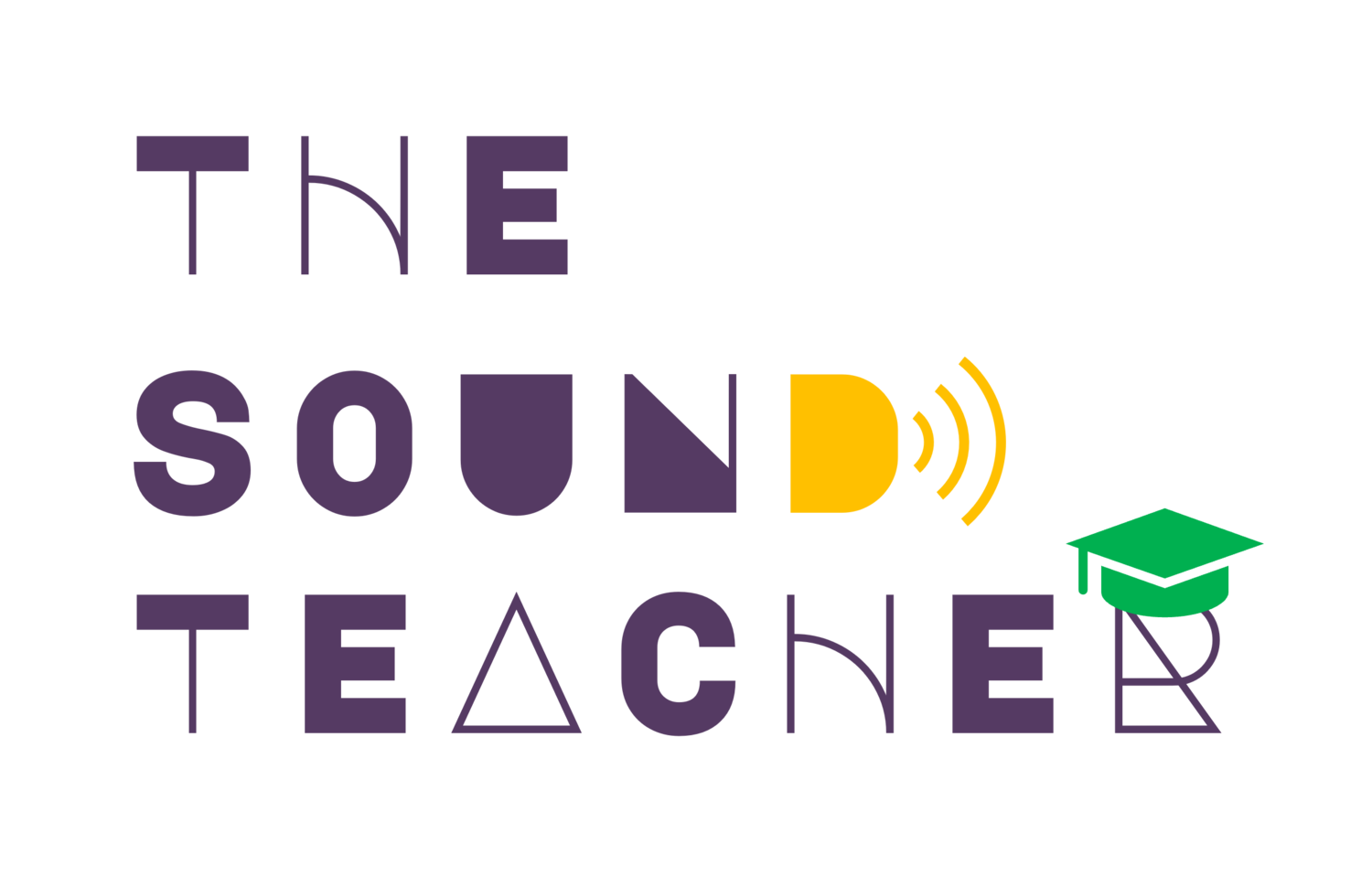Talking to Dad about his hearing loss
Matilda and her father, John, share how their family approached conversations around John’s hearing loss.
Matilda says: For years, my dad, John struggled with hearing issues but was in denial, which at times was more frustrating for us than for him. My dad worked in a power station for most of his life. Back then there was no awareness to protect your ears.
“I did not look forward to [family] gatherings as I found them very isolating. I couldn’t follow conversations, especially with lots of competing noise. One of my favourite things to do is walking my dogs, and during walks I actively started avoiding people because I was embarrassed that I couldn’t hear them.” - JohnRead more. Source: Royal National Institute for Deaf People (RNID), a registered charity supporting people who are Deaf, have hearing loss or tinnitus.
Studies have shown that age-related hearing loss increases the long-term risk of cognitive decline and dementia.
“Even low levels of hearing loss have been associated with increased dementia risk and a decrease in memory and thinking skills.”
- Alzheimer’s Society, Dec 2023
More men than women acquire age-related hearing loss.
Being around excessive noise, working in loud conditions, and even [lifestyle] habits like smoking can affect your ability to hear later in life.
Many men find themselves in loud situations more often than women. This divide occurs both in the workplace and during leisure pursuits.
Sumit Joshi, 2022 thehearingspecialist.co.uk
Surrounded by heavy machinery, power tools, and hammers, those working in construction are regularly confronted with loud, excessive noise. If they are working every day for many years, this can contribute heavily to hearing loss later in life.
Tomatis® sound stimulation therapy can help.
The Sound Teacher works with older clients, many of whom are seeking to reduce age-related symptoms and avoid future decline. Although sound stimulation cannot recuperate hearing function (the damaged hair cells in the inner ear), therapy can help in two main ways.
Hyperacusis (noise sensitivity) “Hyperacusis is when everyday sounds seem much louder to you than they should. Examples include jingling coins, a barking dog, a car engine, someone chewing, a vacuum cleaner.” (NHS, Nov 2022)
Tinnitus
Speech intelligibility
Speech in noise
Increased listening effort
Depression
Mood disorders
Social anxiety
Memory disorders
Cognition disorders
Communication disorders including speech apraxia; see former footballer Chris Kamara’s story below.
Source: The Diary Of A CEO Clips, The Condition That's Changed Chris Kamara's Life
Tomatis® sound stimulation therapy can help maintain important listening and cognitive functions, even in the presence of a diagnosed hearing loss.
A typical sound therapy intensive is one hour per day for 14 days. It can have a huge impact on quality of life in older clients.
“I am noticing sounds around me more than usual, lovely things like birdsong. I found myself whistling in a way I haven’t done for decades, and really enjoying the sounds.”
If you are worried about a deterioration in the quality of life and mental health of a loved one, including performing everyday tasks, attention, concentration, memory, stress and social anxiety, then consider the ears and listening.





